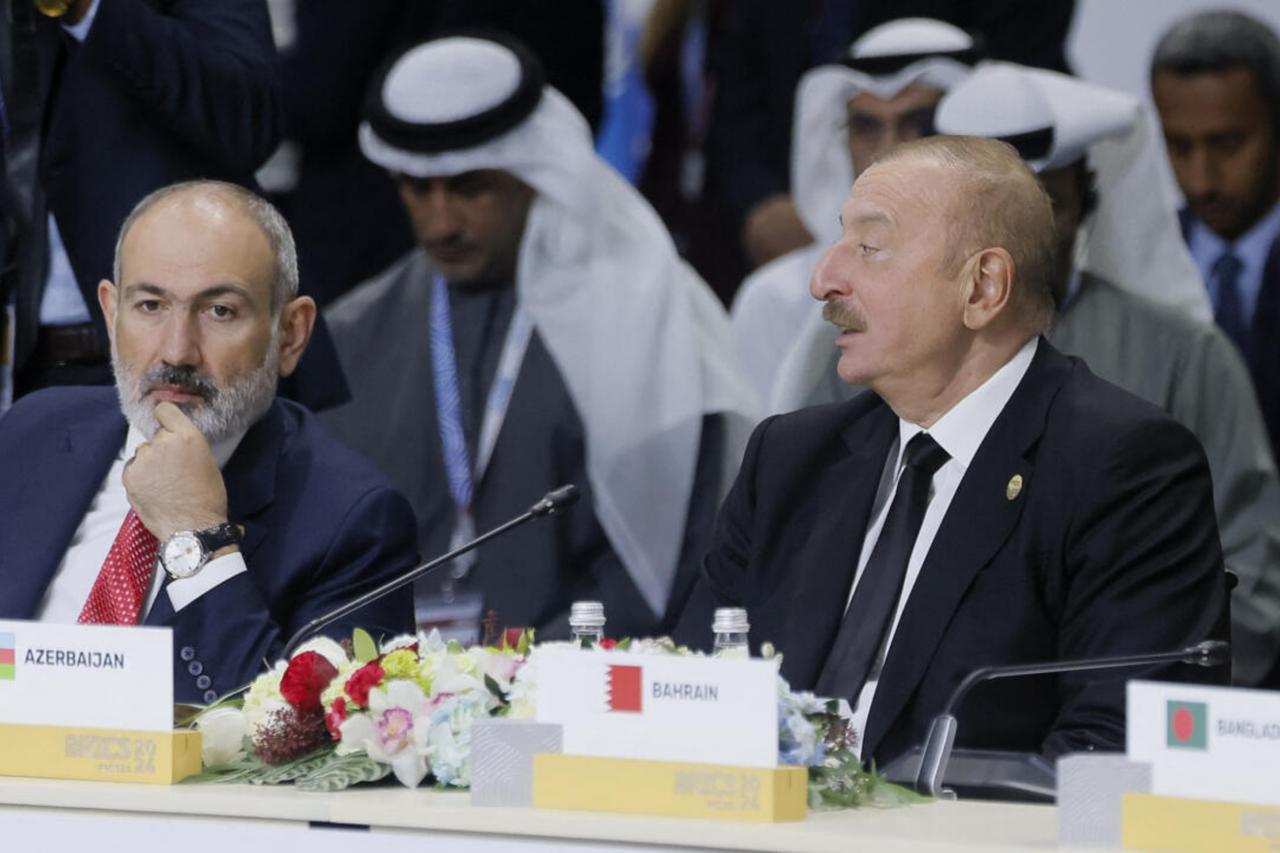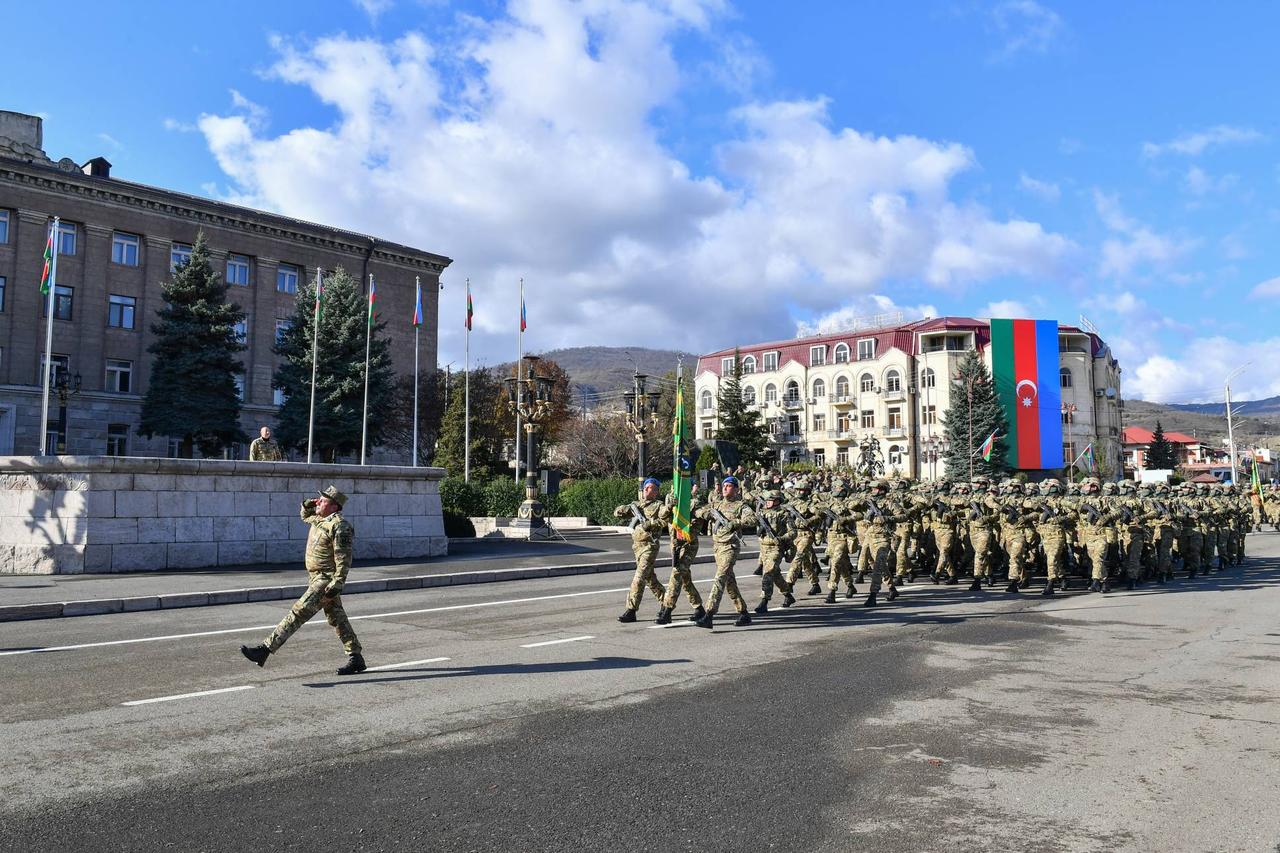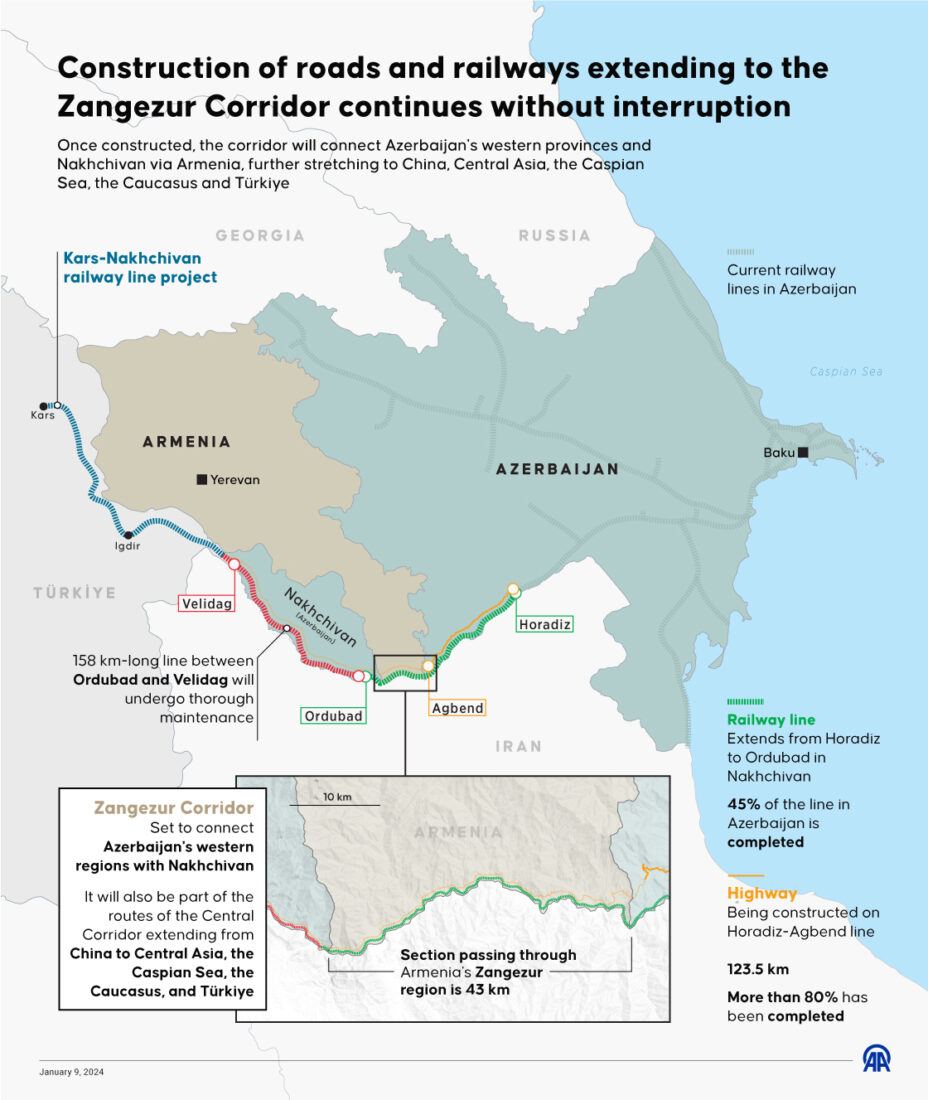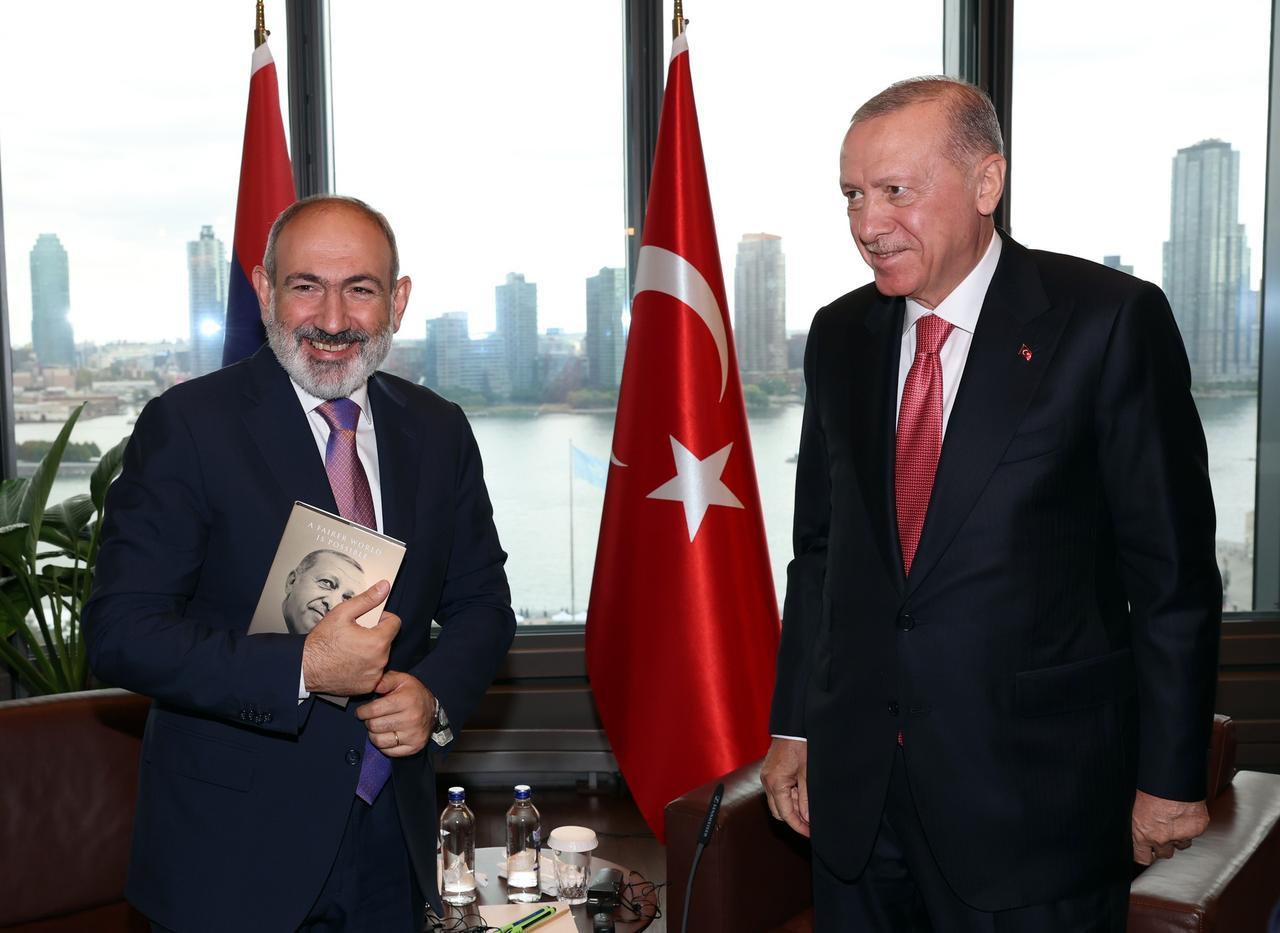
Armenian Prime Minister Nikol Pashinyan and Azerbaijani President Ilham Aliyev are reportedly scheduled to meet in Dubai later in July as the two countries continue negotiations toward a peace agreement.
The two leaders last met in May on the sidelines of the European Political Community Summit in Tirana, Albania, where they pledged to keep communication channels open. Two sources familiar with the matter told Middle East Eye that the planned meeting in Dubai is a positive sign, indicating that both parties remain willing to engage despite ongoing disagreements.
Armenia and Azerbaijan have been locked in conflict since the 1993 Nagorno-Karabakh war, which erupted after the collapse of the Soviet Union and resulted in Armenian forces taking control of the disputed enclave. In late 2020, a six-week war ended with Azerbaijan regaining parts of the region, followed by a military operation in September 2023 that led to the dissolution of the breakaway region of Artsakh on January 1, 2024.
While both countries reached consensus on a draft peace agreement in March, Azerbaijan insists on several additional conditions before signing the deal. These include requiring Armenia to amend its constitution to remove references to Azerbaijani territory, ending the European Union Monitoring Mission in Armenia (EUMA), and dissolving the Organization for Security and Co-operation in Europe (OSCE) Minsk Group, which Azerbaijan accuses of bias over the past three decades.

Armenian Prime Minister Pashinyan faces elections next year, and it is reportedly unlikely that he will pursue a constitutional referendum before then, which complicates the peace process.
Meanwhile, Türkiye urges Azerbaijan to finalize the peace deal amid shifting regional dynamics, especially Iran’s waning influence.
Türkiye’s normalization with Armenia is considered linked to the potential peace agreement between Armenia and Azerbaijan.
According to Middle East Eye, Turkish officials view Armenia as a crucial component of the “Middle Corridor,” a transport and trade route linking Türkiye directly to Central Asia. Turkish companies have shown strong interest in participating in infrastructure projects within Armenia, reflecting Ankara’s broader economic and geopolitical objectives in the region.
The Zangezur Corridor, a key segment of the Middle Corridor initiative that aims to connect Europe with Central Asia and China through Azerbaijan and Türkiye, also influences Türkiye’s stance in ongoing negotiations. This corridor, which links Azerbaijan’s western provinces and the exclave of Nakhchivan through Armenia, is a vital regional connection following Azerbaijan’s victory in the Second Karabakh War. Once operational, it would establish an uninterrupted trade route from Central Asia to Europe via the Caspian Sea and Türkiye, significantly boosting commerce throughout the region.

On July 2, unconfirmed reports circulating on social media suggested that Armenia, Türkiye, and Azerbaijan have reached an agreement on the Zangezur Corridor.
Despite Azerbaijan’s reservations, Turkish President Recep Tayyip Erdogan hosted Armenian Prime Minister Nikol Pashinyan last month during the first official visit by an Armenian leader to Türkiye, underscoring Ankara’s commitment to advancing regional ties.

Azerbaijani President Ilham Aliyev maintains close ties with UAE ruler Mohammed bin Zayed Al Nahyan, and the United Arab Emirates is actively facilitating the peace talks.
On June 25, UAE Foreign Minister Sheikh Abdullah bin Zayed Al Nahyan held separate phone calls with Armenian Foreign Minister Ararat Mirzoyan and Azerbaijani Foreign Minister Jeyhun Bayramov to discuss efforts aimed at securing peace in the South Caucasus and the Middle East.